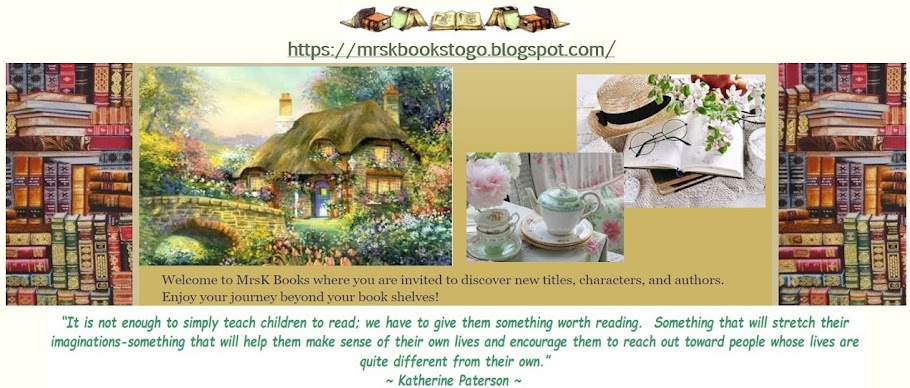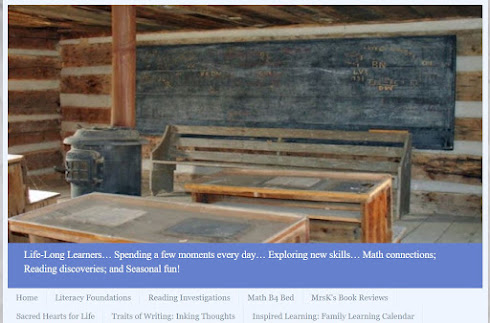ISBN: 9780529102379
Publisher's Synopsis:
Six-year-old Gretl Schmidt is on a train bound for Aushwitz. Jakób Kowalski is planting a bomb on the tracks.
As
World War II draws to a close, Jakób fights with the Polish resistance
against the crushing forces of Germany and Russia. They intend to
destroy a German troop transport, but Gretl’s unscheduled train reaches
the bomb first.Gretl is the only survivor. Though spared from the concentration camp, the orphaned German Jew finds herself lost in a country hostile to her people. When Jakób discovers her, guilt and fatherly compassion prompt him to take her in. For three years, the young man and little girl form a bond over the secrets they must hide from his Catholic family.
But she can’t stay with him forever. Jakób sends Gretl to South Africa, where German war orphans are promised bright futures with adoptive Protestant families—so long as Gretl’s Jewish roots, Catholic education, and connections to communist Poland are never discovered.
Separated by continents, politics, religion, language, and years, Jakób and Gretl will likely never see each other again. But the events they have both survived and their belief that the human spirit can triumph over the ravages of war have formed a bond of love that no circumstances can overcome.
"Let go!"
She held on for dear life. The metal edge bit into her fingers.
Her frantic feet searched for a foothold in the air.
The dragon swayed dangerously from side to side."
MrsK's Review:Gretl's journey begins in Southern Poland in 1944. Gretl and her sister Elza have been dropped off of a train in the midst of a war. With the touch of coldness shivering within, these girls must find a way to an uncle in Switzerland. For Gretl, the journey will not be easy or safe. All she knows is that she is tired, her sister is sick, and...
"The branches and leaves closed in around her, almost like Sleeping Beauty's castle.
Maybe she could sleep for a hundred years as well."
Found by a farmer, Gretl and Elza are taken to his home. Alone and afraid, Gretl discovers that her journey will now be decided by a young man who is trying to save his country.
"The coded message said the troop train will pass here just before daybreak...
We must plant the bombs under the bridge before then."
Jakob's journey begins at the bridge. What he discovers will lead him beyond his family, his country, and his loyalties. Once Jakob gets to the farm, he is forced into an additional assignment. "A cold hand closed around his heart...," Gretl will be his young charge. How will he ever get her to Switzerland?As their days together began forming a pattern to life, Gretl discovers a hunger for education and God. Her days at the convent were filled with discoveries. Her evenings were filled with Jakob and the promise that one day they would find her uncle. For Jakob, Warsaw was becoming dangerous. The Home Army was beginning to collaborate with the Red Army and Jakob knew that he would not be able to look after Gretl any longer.
"Poland was under Communist rule,
the population was hungry.
Germany was in ruins,
its people faced starvation..."
Jakob learns about the Afrikaner desire to take orphans who were "pure Aryan" bloodlines into Africa for adoption. Would it be a land of milk and honey for Gretl? He knew that the South African government was "staunchly" opposed to Communism, she would be safe with a family that would look after her and give her a new beginning.
"He felt his resolve begin to crumble...
She gave him a brave smile...
She turned and went up the two steps, her back straight.
She opened the big door..."
For Gretl, 1948 would be the beginning of a new journey...a new life. For Jakob a piece of his heart would be forever lost. As Gretl is awaiting the men who will come for the orphans, she has been entrusted with the secrecy of her past, of her heritage, of her faith. Now she must embrace her future and find a new life with a new family. From the orphange, through the station at Hannover, across the sea into South Africa... Gretl learns to read Afrikaans books, she experiences the nightmares of fire, and she learns the uncertainty of beginning a life with people who are different than yourself.
Yet, on the day she meets her new parents. Gretl becomes Grietjie. She is no longer an orphan. She has a strong daddy, a loving mother, an older brother, and a very sweet Grandpa John. As Grietjie grows up, she is loved beyond measure. By 1956 she has become Grietjie Neethling.
By 1956, Jakob has become a man fleeing Poland. He has left Poland, his family, his career, everything... except for a "yellowed newspaper cutting of a small girl with a broad smile and ribbon in her hair."
This story is a "righteous" read. The characters have an inner depth with so many dimensions, a depth in which the story is given life of its own. The interwoven historical facts are presented as seeds of a "reality" that have been scattered from the teachings within our classrooms. The hope and the goodness of Gretl's journey touches a chord within your spirit. Her innocence and determination ignites the whispering of a promise yet to be fulfilled.
Beautifully crafted, this novel will become a treasured tale to be shared beyond your shelves,
MrsK

This story is a "righteous" read. The characters have an inner depth with so many dimensions, a depth in which the story is given life of its own. The interwoven historical facts are presented as seeds of a "reality" that have been scattered from the teachings within our classrooms. The hope and the goodness of Gretl's journey touches a chord within your spirit. Her innocence and determination ignites the whispering of a promise yet to be fulfilled.
Beautifully crafted, this novel will become a treasured tale to be shared beyond your shelves,
MrsK
A "righteous" read in which hope is promised.
Outstanding book club choice.
Perfect educational choice for any Holocaust discussion.
"I received this book for free from The Fiction Guild for this review."

https://www.facebook.com/groups/TheFictionGuild/




No comments:
Post a Comment